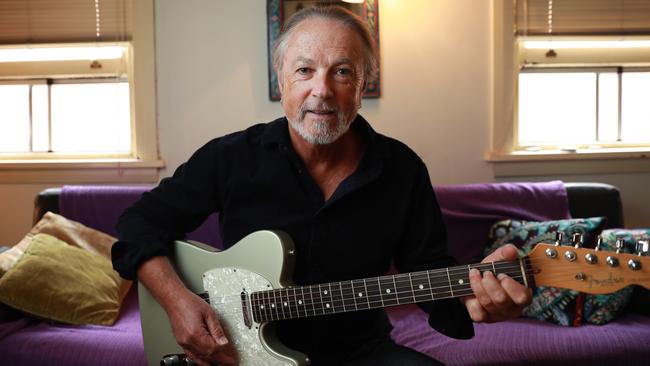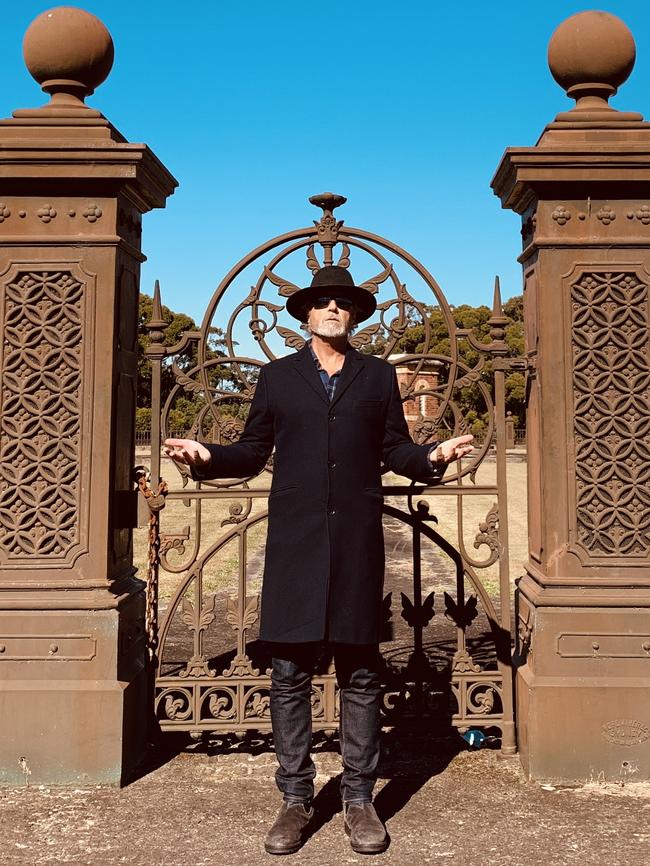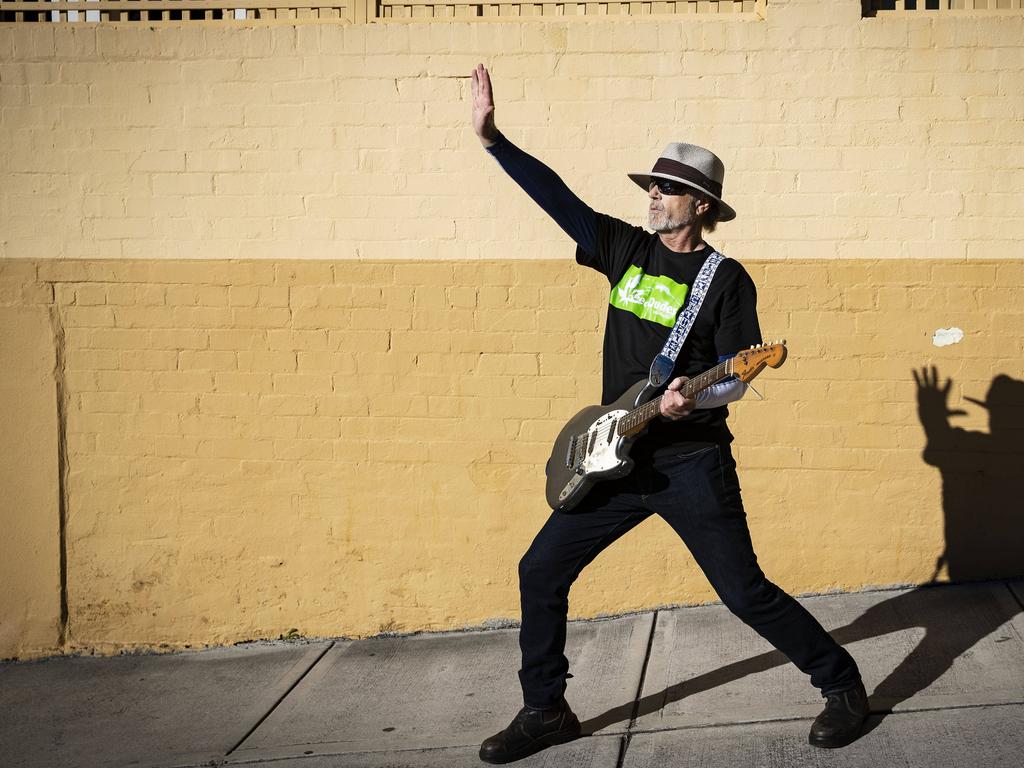The Church’s Steve Kilbey on artistic patrons, paying tax and his thin skin
Singer, songwriter, bassist and The Church’s frontman confesses about the benefits of artistic patronage, loosening up on stage, paying tax and coping with his thin skin.

Singer, songwriter, bassist and The Church frontman Steve Kilbey, 69, on artistic patronage, loosening up on stage, paying tax and coping with his thin skin.
Rather than funding The Church’s album recordings via a record label … We’ve had two patrons: one of them is a college professor and the other is a businessman here in Austin, Texas. (The businessman) loves The Church and met me years ago when he was a teenager and I was an arrogant idiot. He’s paid for (2014 album) Further/Deeper, The Hypnogogue (2023), Eros Zeta (2024) and now this (forthcoming) one. He’s sort of a musician himself, and he’s been involved in the process and coming into the studio and listening. It’s strange but nice to have someone there each day; it’s sort of like your dad coming in.
Without these patrons’ support … We wouldn’t have made any albums. I don’t know how other bands make albums; I guess they do it like this or they’re with a record company who’s still paying for it. We’ve been in some nice studios making these records, and although we aim to please our patron, they don’t have any expectations. They don’t say, ‘Oh, I think you should make a folk album’, or a political album, or a heavy metal album. It’s an old system and a great one; all the great artists have had patrons. I’d like to think if I was a rich businessman, and I saw my favourite band struggling, that I would lend a hand. But who knows? I might just be a greedy bastard like all the rest.
For our upcoming tour … Universal Music is re-releasing our first four albums on vinyl and on CD. They approached us and said, “Wouldn’t it be a good idea if you did a tour at the same time?” It would be foolish to say no, so I sort of acquiesced; we’re going to play tracks off those albums as well as tracks off later albums. I’ve just got to be happy that people even want to hear that stuff still. I guess I’ll enjoy playing it; I will enjoy the people who enjoy it. I will enjoy their enjoyment, even if I don’t enjoy myself. [laughs] It’s complicated, isn’t it?
When it comes to performing live … It’s taken me a long time to really enjoy that bit. It was hard for me to realise what people really wanted the most was to see the band enjoying themselves. I couldn’t give in to it, really enjoy myself and have a good time. Something stopped me. That disappeared about 25 years ago and I really enjoy myself [now]. I wouldn’t say I’m comfortable but I’m getting there.
The first money I earned … was working for my cousin’s husband as a floor tiler’s labourer. I worked in the school holidays when I was 16. I got 40 bucks a week and we worked from 7am to 4pm. When I got home, I’ve never been so exhausted in my life. I didn’t really have any illusions before that, but spending a bit of time really working hard, I definitely thought, “Probably music’s a better bet.”
My relationship with money is … very strange and crazy. It’s really weird in the music business. If I worked really hard for my money, I’d be more careful, if I was actually digging a hole, or being a tiler’s labourer, or turning up in an office and putting in the hours … but for me, every now and then, $60,000 will just show up in my account for something that happened [months ago]. I make plenty and I spend plenty, and it just sort of comes in my hands and goes out – and then there’s the taxman. So when you earn your $60,000, you’ve immediately lost $28,000. If you don’t keep looking after that, it can become even more bizarre, where suddenly you’re not only making enormous sums of money but someone out there is asking you for enormous sums of money and your accountant’s ringing you up.

For my pre-concert warm-up routine … I don’t smoke any dope until about quarter of an hour before I go on stage, so I can walk on in that initial [head space] where everything feels good and excitable. I usually have my first drink of the day then as well. There’s no warm-up exercises or playing bass; I just start imagining how good I want it to be for the audience and maybe run over a few lyrics in my head that I have trouble remembering.
The role that sadness plays in my life is … I’m always sad. I’m regretting leaving Austin; I’ve been living here with my patron for two months and hanging out with him in his lovely f..king luxury apartment. I’m really gonna miss him and I’m sad about that. I don’t know any good remedies except “Tell yourself it’s going to pass”, but that doesn’t work. This life is not good for someone who’s as emotionally non-resilient as me, always being sad — but that’s also the place where all the music and stuff comes from. So you can’t have one without the other; you’ve got to put up with it, otherwise I couldn’t write all these songs, if I didn’t have this thin skin constantly being bombarded by all my emotions.
I hope I’ll be remembered for … Just a few songs, I guess. That’s all you can really hope for when you’re a songwriter: if people remember me, I’ve been moderately successful. I guess [1988 single] Under the Milky Way might have a lot longer life than me. Writing songs is like shooting arrows up in the sky, like the British army at the Battle of Agincourt: you don’t know where they’re going to end up and you don’t know who they’re going to end up affecting.
The Church’s Already Yesterday tour begins in Sydney (November 23) and ends in Adelaide (December 7). Tickets: thechurchband.com





To join the conversation, please log in. Don't have an account? Register
Join the conversation, you are commenting as Logout